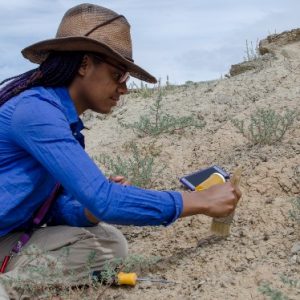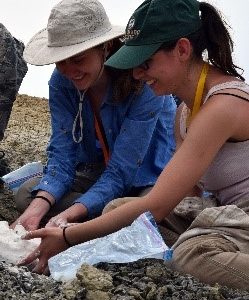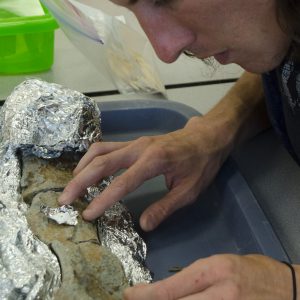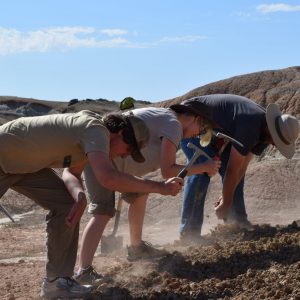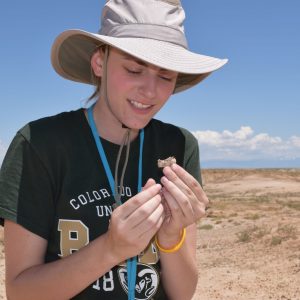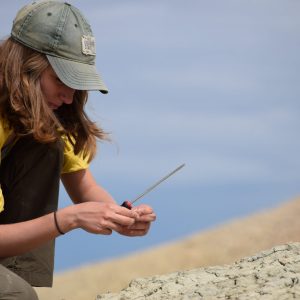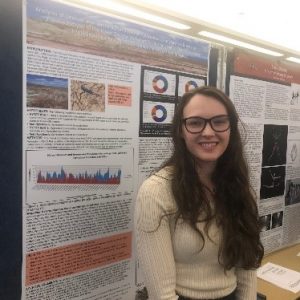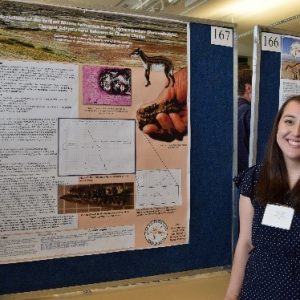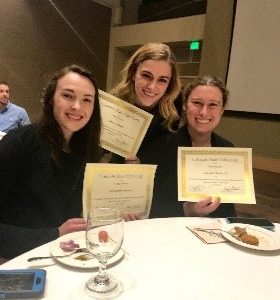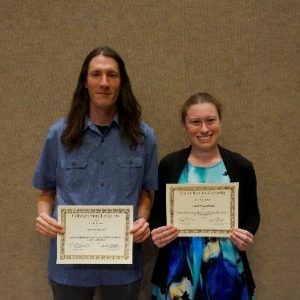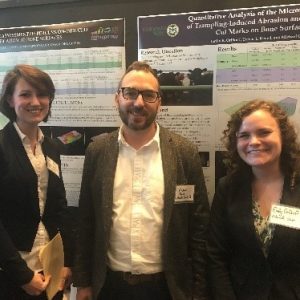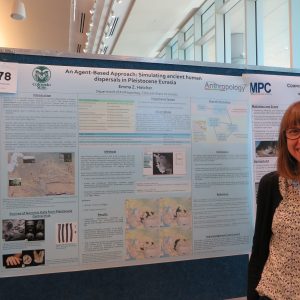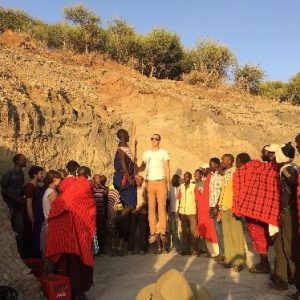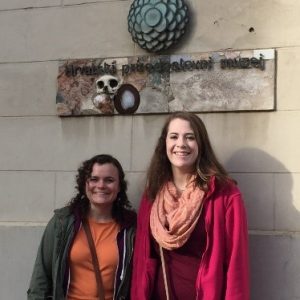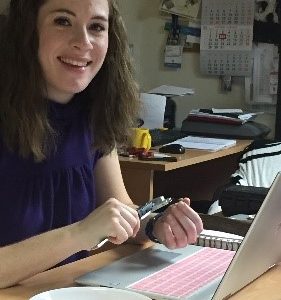About Biological Anthropology
Biological anthropology is uniquely situated between the biological and social sciences; it provides an evolutionary perspective on the adaptations that make us human. We investigate how and when these traits arose, and what they tell us about our relationship to nonhuman primates and each other. The field addresses evolutionary, anatomical, genetic, and biological questions about humans today and in the past.
Questions Investigated by a Biological Anthropologist
How did humans survive in extreme environments?
What is the relationship between human biology and culture?
How old are these skulls and where did they come from?
When do humans first appear in the fossil record?
What is the relationship between humans, monkeys, and apes?
What role does a long childhood play in our complex society?
What makes humans unique?
When did our ancestors first develop lithic technology, communication skills, and express symbolic thought?
Careers in Biological Anthropology
The graduate in biological anthropology has the technological skills and disciplinary insights to pursue careers in health and medicine, criminal investigation, sports medicine, education, zoology, genetics, conservation biology, and museum curation. Understanding modern human variation from an anthropological perspective prepares our graduates to contribute a culturally-informed approach to biological professions.
Check out our suggestions for paths to success and careers in biological anthropology.
CSU Biological Anthropology Course Subjects Include:
Forensic Anthropology
Human Biology and Health
Human Origins and Variation
Osteology
Primate Behavior and Adaptations
Paleontology
Paleoanthropology
Biological Anthropology Paths to Success
The following are examples of course sequences that a student may want to take to prepare them for specific jobs or careers
The listed courses for particular career paths are suggestions only, be sure to seek the advice of Keri Canada, your Academic Success Coordinator, as well as professors to choose courses best suited for your career endeavors. Also, be sure to consult the Biological Concentration checksheet so that you enroll in all the required courses. In addition, check the CSU Course catalog each semester as new courses are added often.
Forensic Anthropologist
- ANTH 275 - Introduction to Forensic Anthropology
- ANTH 372 - Human Osteology
- ANTH 374 - Human Biological Variation
- ANTH 377 - Anthropological Perspectives: Evolution, Society
- ANTH 379 - Evolutionary Medicine & Human Health
- ANTH 472 - Human Biology
Forensic anthropologists, medical examiners, and coroners use osteological and anatomical training to make forensic identifications involving deceased humans. This career path requires graduate-level education; however, some undergraduates find positions as forensic/medical technicians or laboratory scientists using biological training and quantitative skills gained in the program. Jobs in this category are found at UC Health, Banner Health, Health District of Larimer County, Larimer County, and American Academy of Forensic Sciences.
Internships
Health Professions
- ANTH 340 - Medical Anthropology
- ANTH 372 - Human Osteology
- ANTH 376 - Evolution of the Human Adaptation
- ANTH 379 - Evolutionary Medicine & Human Health
- ANTH 416 - Gender, Culture, and Health
- ANTH 472 - Human Biology
Some students may be interested in public health or medical careers. Our program prepares students for graduate-level education in epidemiology, nutrition and exercise, global health, medicine, nursing or dentistry. In addition to the resources above, jobs in this category are found at Centers for Disease Control and Prevention (CDC), the Pan American Health Organization, and the World Health Organization.
Field Schools
Internships
The Biological Anthropology Program Reflects the Overlapping and Diverse Research
Interests of our Faculty
-
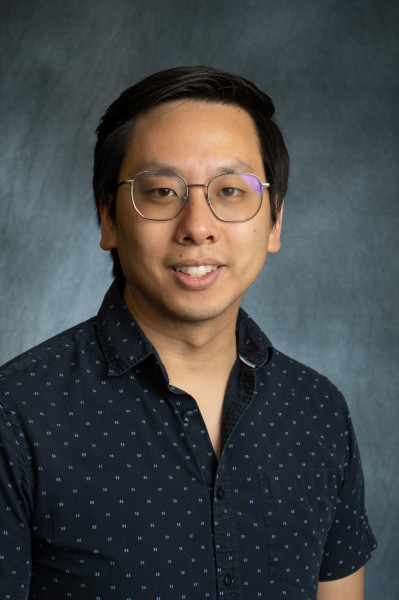
Andrew Du
- Assistant Professor
- Undergraduate Coordinator
-
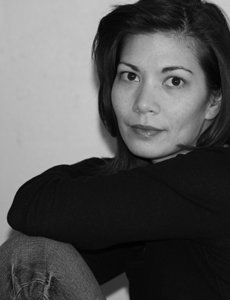
Connie Fellmann
- Associate Teaching Professor
-
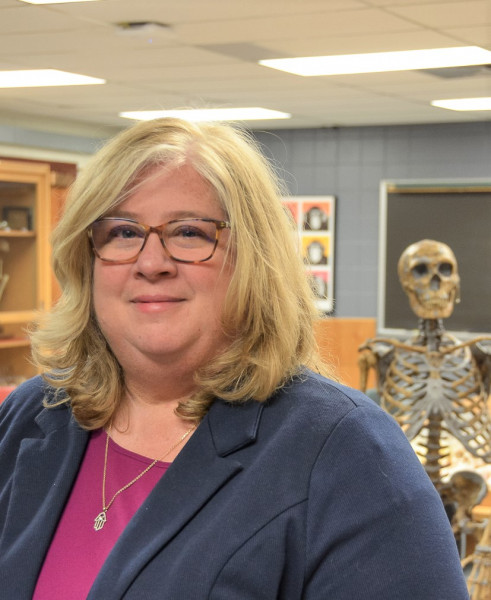
Michelle M. Glantz
- Professor and Chair
-
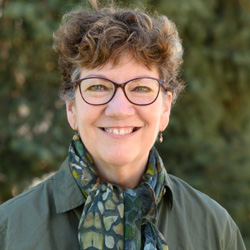
Kim Nichols
- Associate Teaching Professor
-
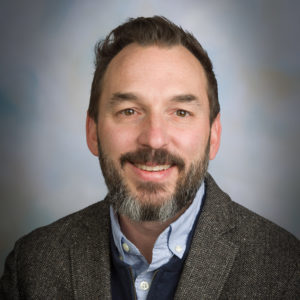
Michael Pante
- Associate Professor
-
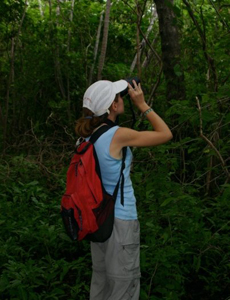
Melissa Raguet-Schofield
- Instructor
Undergraduate Spotlight: Kaia Ranouf
Opportunities for Biological Anthropology Students
Biological anthropology students at CSU are encouraged to engage in research. Faculty-supervised student research projects and independent studies may concern lab management (museum curation, material processing, specimen preparation), lab research (research design, methods, assessment, publication), and training in new technologies (3D imaging, statistical analysis, computer programs).
Experiential immersion in our Paleontology Field School
Engagement in original research with faculty mentorship
Participation in diverse field experiences nationally and internationally
CSU Biological Anthropology Labs
The biological anthropology program at CSU provides students with opportunities to learn through experience and mentorship. As a result, our graduates have followed paths to successful careers in non-academic and academic fields.
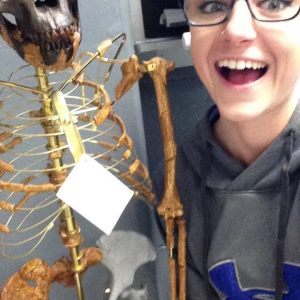
“The Capstone Symposium was definitely a very valuable experience for me, through the whole process of collecting and analyzing research to creating this argument, to presenting in front of other knowledgeable anthropologists in the field. Dr. Connie Fellmann also directed me towards a Forensic Anthropology Field School during the summer of 2016 in Massachusetts, and it was very cool to go through a "pseudo" crime scene and seeing what my dream job would really be like. We got to do a complete excavation, evidence collection and chain of custody, laboratory analysis of remains and evidence, as well as creating a full report that would be turned into the county if it were a real death. It was such a wonderful opportunity to get to experience all of that!”
BA’17 – Melissa Melone, Inmate Services Technician, Arapahoe County Sheriff’s Office
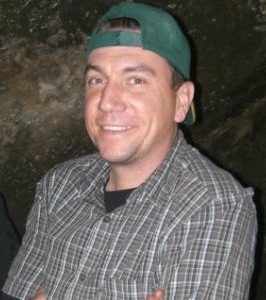
At CSU, I completed an M.A. thesis about Late Pleistocene cranial evolution, which resulted in a peer-reviewed publication. I also participated in paleoanthropological fieldwork in Uzbekistan and Kazakhstan under the supervision of Dr. Mica Glantz, and I was also able to enjoy one season of fieldwork in the Republic of Georgia, where I worked at Dmanisi. In addition to experience with fieldwork, I was also exposed to rigorous methodological training while I was at CSU. I also gained a further understanding of anthropology at large, and benefited greatly from the broad and varied interests of the faculty.” –
Terrance Ritzman, Assistant Professor of Neuroscience, Washington University
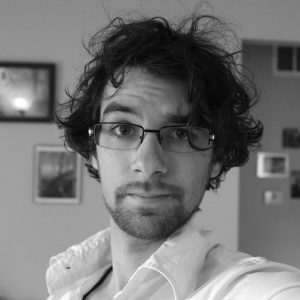
“The best advice I can pass on is to be active in your educational pursuits. One can attend class and write one’s thesis, be it honors or masters, and receive a good education. The most valuable and meaningful education though, comes from taking the initiative and getting involved beyond what is required. Some of the most important educational experiences, the ones that truly challenged and stretched my abilities and understanding of anthropology, were those I sought myself. They included such things as flying to Romania to work in a museum measuring ancient Gepid skeletons to getting involved on a publication with my advisor.”
– Joshua Clementz, Junior and High School Teacher, The Academy
